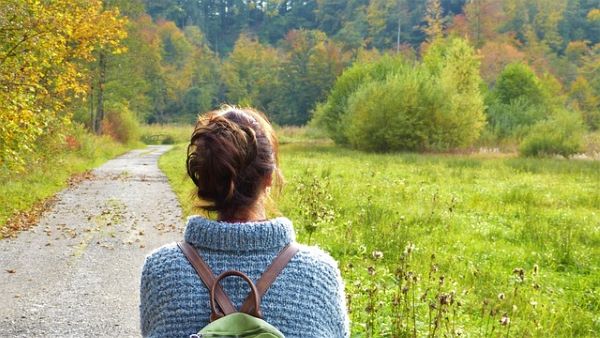In my journey as a writer, I’ve had the privilege of speaking with individuals who have faced the challenges of mental health and come out stronger. Their experiences offer valuable insights into what truly helps in maintaining and improving mental well-being. Recently, I asked five mental health survivors a simple yet profound question: What are the best things for mental health? Here’s what they had to say.
1. Prioritizing Self-Care and Routine
One survivor, who has battled anxiety and depression for years, emphasized the importance of establishing a routine and making self-care a priority.
“I used to feel overwhelmed by the smallest tasks, but once I started setting a daily routine, everything became more manageable. I schedule time for exercise, meditation, and hobbies that bring me joy. It’s not just about pampering yourself; it’s about taking consistent steps to nurture your mental and physical well-being.”
This approach aligns with expert recommendations. The American Psychological Association (APA) states that maintaining a routine can provide structure and predictability, which are crucial for reducing stress and anxiety.
2. Connecting with Nature
Another survivor, who struggled with PTSD, found solace in nature.
“Being outdoors, even if it’s just for a short walk in the park, made a huge difference. The fresh air, the greenery, and the sounds of nature helped me feel grounded and calm. It’s like the world slows down, and you get to breathe.”
Research supports this sentiment. According to a study published in the journal Frontiers in Psychology, spending time in nature is associated with improved mood, reduced stress, and overall better health.
3. Building a Support Network
“Don’t go it alone,” advised a survivor who has lived with bipolar disorder.
“Having people you can talk to—friends, family, or a support group—is crucial. There were times when I felt like no one could understand what I was going through, but reaching out made all the difference. Sometimes, just having someone listen is enough to lighten the load.”
Social connections are vital. The National Institute of Mental Health (NIMH) highlights that social support can reduce the impact of stress and improve overall well-being.
Also Read: Living on a Roller Coaster: My Journey with Borderline Personality Disorder
4. What Are the Best Things for Mental Health? Mindfulness and Meditation
A survivor who faced severe anxiety found peace through mindfulness practices.
“Mindfulness meditation changed my life. It taught me how to be present and not get caught up in negative thoughts. Even just a few minutes a day helps me stay centered and focused.”
Mindfulness is widely recognized as an effective tool for managing. A review published in the Journal of Clinical Psychology found that mindfulness-based interventions can significantly reduce symptoms of anxiety, depression, and stress.
Also Read: What is the difference between yoga, pranayama, and meditation?
5. Seeking Professional Help
Lastly, a survivor who has experienced chronic depression emphasized the importance of professional support.
“Therapy was a game-changer for me. It’s okay to ask for help, and it’s okay to need medication. It doesn’t make you weak; it makes you strong for taking steps to heal.”
The Mayo Clinic echoes this advice, stressing that therapy, medication, or a combination of both are often necessary components of effective mental health treatment.
What are the best things for mental health? Well, these insights from mental health survivors are a powerful reminder that there are many paths to mental well-being. Whether it’s establishing a routine, connecting with nature, building a support network, practicing mindfulness, or seeking professional help, each step can make a significant difference. Remember, you’re not alone in this journey, and taking action is the first step toward better health.





